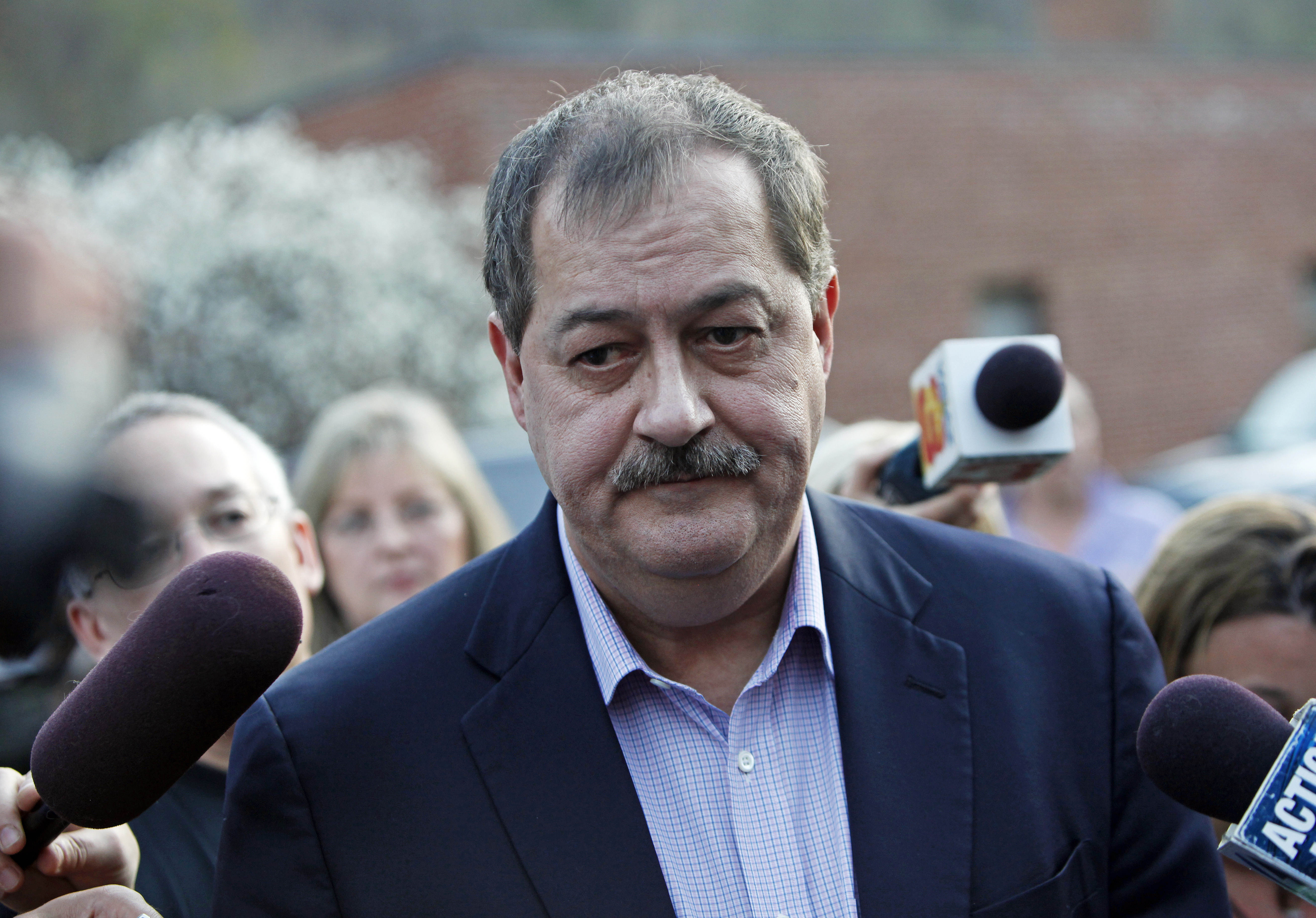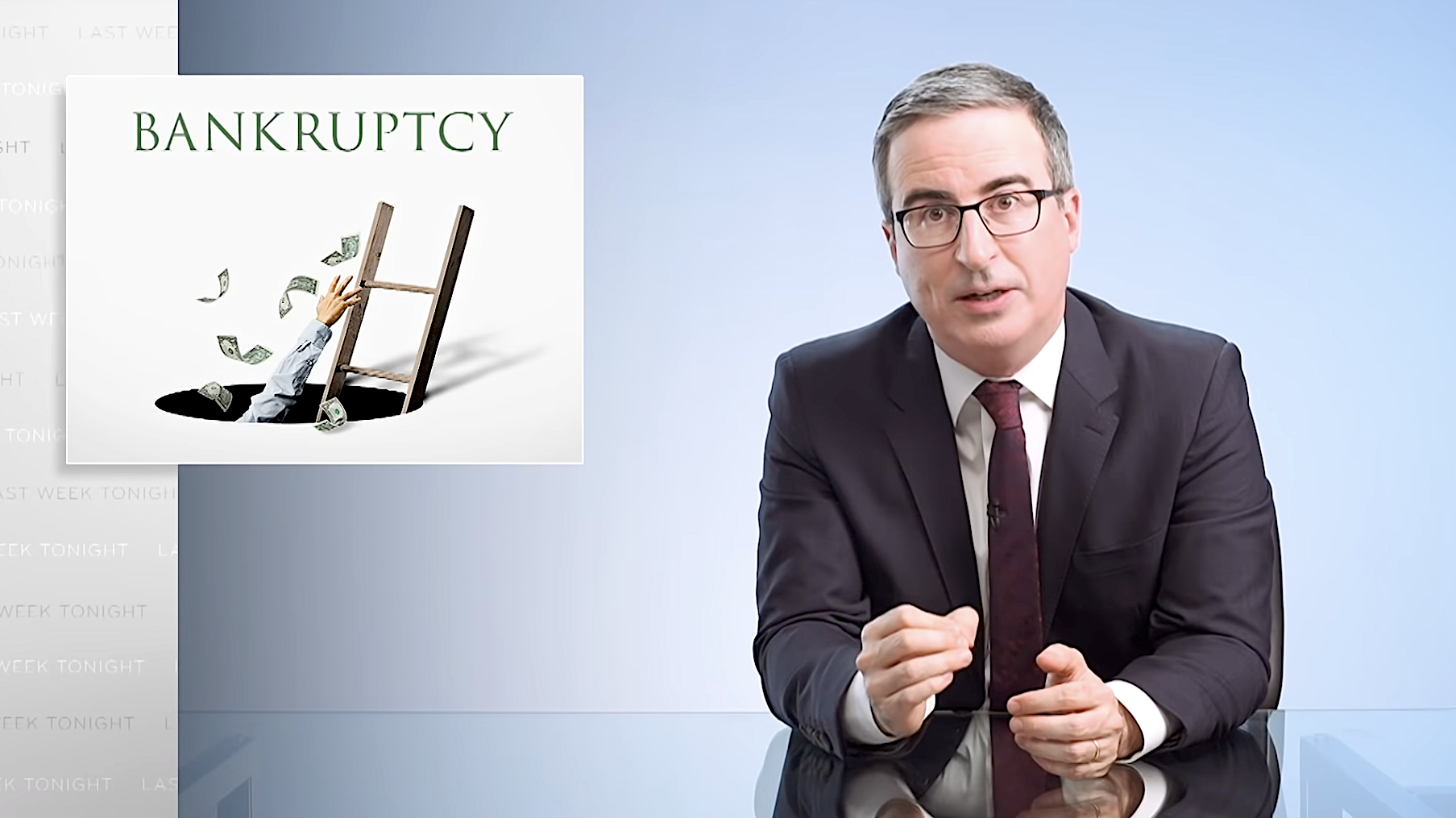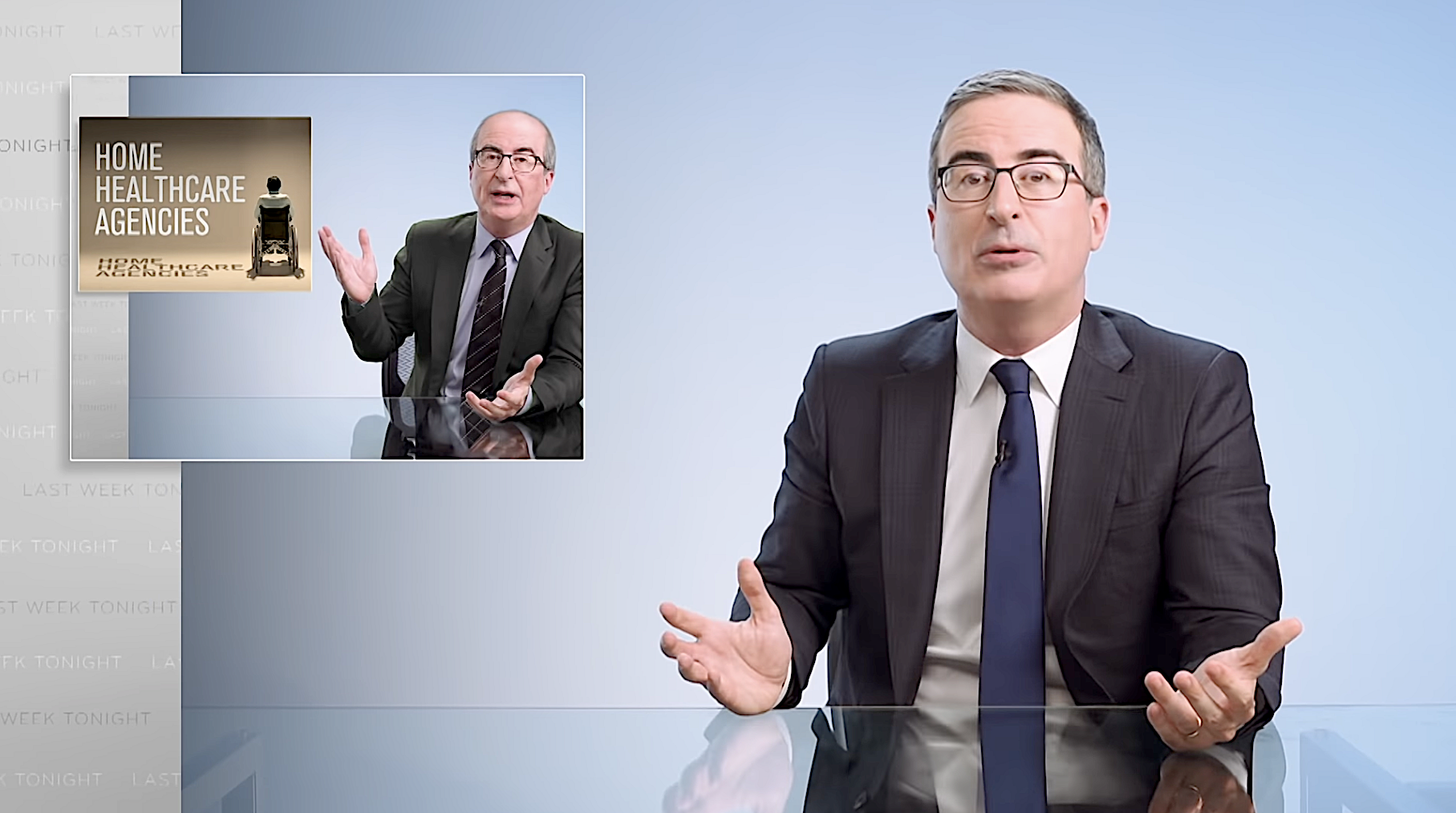A coal baron's conviction
Don Blankenship became the first-ever American coal executive to be convicted of a crime related to mining deaths. Here's what you need to know.

A free daily email with the biggest news stories of the day – and the best features from TheWeek.com
You are now subscribed
Your newsletter sign-up was successful
Don Blankenship became the first-ever American coal executive to be convicted of a crime related to mining deaths. Here, the smartest insight and analysis, from all perspectives, rounded up from around the web:
The federal courthouse in Charleston, West Virginia, was the scene last week of "a pitiful sort of justice, but historic nonetheless," said Zoë Carpenter at The Nation. Don Blankenship, the former CEO of Massey Energy, became the first-ever American coal executive to be convicted of a crime related to mining deaths. For well over a decade, the man known as the King of Coal "had the West Virginia coal industry in his pocket, along with a fair number of the state's judges." A micromanaging boss notorious for his "relentless pursuit of profits," he crushed the coal miners' union and tripled Massey's revenue, demanding production reports every 30 minutes from his mountaintop villa, even as his company ignored hundreds of safety violations. Then, in April 2010, an explosion ripped through Massey's Upper Big Branch mine, killing 29 workers. "It was the worst mining disaster in four decades, so bad that even the King of Coal couldn't fully get away with it." And yet, "in a substantial defeat for the Justice Department," jurors acquitted Blankenship of the most serious felony charges he faced, said Alan Blinder at The New York Times. He was convicted only on a sole misdemeanor count for conspiring to violate mine-safety rules. Instead of facing up to 30 years in prison, Blankenship will now spend at most a year in jail, and pay a $250,000 fine.
Many in coal country had hoped for a harsher penalty, said Evan Osnos at The New Yorker. Though Blankenship did not face charges for the actual deaths of the miners, he had for so long "embodied a harsh shibboleth of modern Appalachian politics" — namely, that coal mining is the best job poor people there can expect, "and they should be grateful for it" — that just seeing him in a courtroom seemed like "justice, of a kind." Prosecutors spent weeks cataloguing Massey's "most brazen deceptions," such as informally training workers to skirt safety inspections. But defense attorneys, without calling a single witness, repeatedly sought to distance Blankenship from the firm's worst practices. Prosecuting the CEO of a major company for an industrial accident is "highly unusual," said The Wall Street Journal in an editorial. But then much about this case was odd, starting with prosecutors' "flimsy evidence" and the zeal with which Obama's Justice Department went after Blankenship, who had made "many political enemies by spending millions to elect Republicans" in West Virginia. There's no denying that "the Big Branch accident was a tragedy." But "Massey has paid dearly for it," with millions of dollars in penalties and restitution to the victims' families. This was a shameless attempt to spin an "accident into a crime."
The Week
Escape your echo chamber. Get the facts behind the news, plus analysis from multiple perspectives.

Sign up for The Week's Free Newsletters
From our morning news briefing to a weekly Good News Newsletter, get the best of The Week delivered directly to your inbox.
From our morning news briefing to a weekly Good News Newsletter, get the best of The Week delivered directly to your inbox.
"There will be a lot of second-guessing about the case now," said Ken Ward Jr. at the Charleston, West Virginia, Gazette. Every lawyer in coal country will have an opinion about what prosecutors could have done better or whether charges should have been brought in the first place. But what ultimately bears examining is why U.S. lawmakers have decided that willfully defying mine-safety rules is a misdemeanor and nothing more. Perhaps we should ask ourselves why "violations of the law at all are acceptable in an industry where the margin for error is so small and the potential for disaster is so large."
A free daily email with the biggest news stories of the day – and the best features from TheWeek.com
-
 Political cartoons for February 16
Political cartoons for February 16Cartoons Monday’s political cartoons include President's Day, a valentine from the Epstein files, and more
-
 Regent Hong Kong: a tranquil haven with a prime waterfront spot
Regent Hong Kong: a tranquil haven with a prime waterfront spotThe Week Recommends The trendy hotel recently underwent an extensive two-year revamp
-
 The problem with diagnosing profound autism
The problem with diagnosing profound autismThe Explainer Experts are reconsidering the idea of autism as a spectrum, which could impact diagnoses and policy making for the condition
-
 The pros and cons of noncompete agreements
The pros and cons of noncompete agreementsThe Explainer The FTC wants to ban companies from binding their employees with noncompete agreements. Who would this benefit, and who would it hurt?
-
 What experts are saying about the economy's surprise contraction
What experts are saying about the economy's surprise contractionThe Explainer The sharpest opinions on the debate from around the web
-
 Late night hosts joke about Trump's forced exodus from Facebook to blog
Late night hosts joke about Trump's forced exodus from Facebook to blogSpeed Read
-
 Fox News admits Biden doesn't actually want to cancel meat. Late night hosts pounce anyway.
Fox News admits Biden doesn't actually want to cancel meat. Late night hosts pounce anyway.Speed Read
-
 The death of cities was greatly exaggerated
The death of cities was greatly exaggeratedThe Explainer Why the pandemic predictions about urban flight were wrong
-
 Manhattan D.A. will stop prosecuting sex workers, not their clients, pimps, or sex traffickers
Manhattan D.A. will stop prosecuting sex workers, not their clients, pimps, or sex traffickersSpeed Read
-
 John Oliver explains personal bankruptcy, how credit card lobbyists and lawyers make it much worse
John Oliver explains personal bankruptcy, how credit card lobbyists and lawyers make it much worseSpeed Read
-
 John Oliver explores problems with U.S. nursing homes and long-term care, suggests you pay attention
John Oliver explores problems with U.S. nursing homes and long-term care, suggests you pay attentionSpeed Read